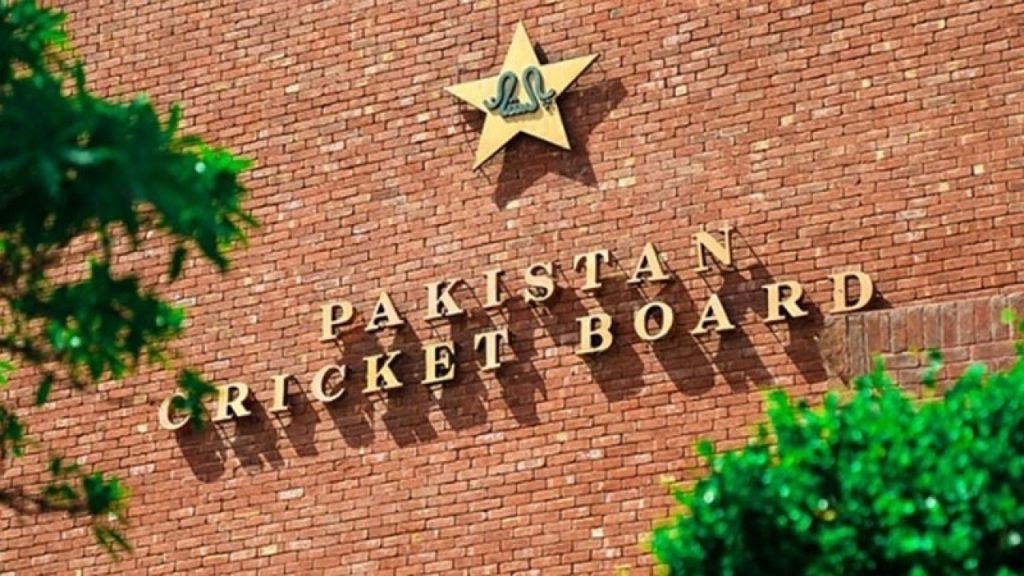For anyone who follows the sport, the most embarrassing sight is when a player from their team is caught in match-fixing. Having the opportunity to step on the field and serve your country at a national or international level is a massive privilege and fixing games in exchange for a few bucks is indicative of demeaning of that privilege. The menace of match-fixing has dealt many jolts to Pakistan cricket over the course of its history. Following the 2010 infamous Lord’s spot-fixing scandal, one of the lowest points in Pakistan cricket when it hit rock bottom, the Pakistan Cricket Board enacted a zero-tolerance policy against corruption. However, the return of disgraced opener Sharjeel Khan in the T20 squad for the tour of South Africa and Zimbabwe, has exposed fault-lines in that “zero tolerance” policy.
The left-handed batsman, who was suspended for five years with two-and-a-half of them suspended, deliberately played two dot balls against Hasan Ali in the opening match of the 2017 edition of the PSL. Although the two dot balls Sharjeel played had negligible impact on result of the game as Brad Haddin propelled Islamabad United to a 7-wicket win over Peshawar Zalmi, the opener’s return has stirred up the debate whether match-fixers deserve a second chance after they have served punishment.
While on one hand some argue that everyone deserves a second chance and imposing a life ban will deprive them of bread and butter, others taker the view that there is no acceptable justification of actions that bring discredit to the country and that PCB needs to throw a book at match-fixers to deter other players from fixing matches in the future. There is no doubt that Sharjeel, who scored 200 runs in five matches at an impressive strike rate of 170.9, has been in a very good nick of late and can fill the void of someone who can score at a quick pace on top of the order. However, his return to the side has some serious potential ramifications.
When Amir returned to the team after serving his ban, it didn’t go down well with several players of the team who expressed displeasure over his selection and refused to train alongside him in the nets. Sharjeel’s return may have the same impact which in turn can create needless dissension within the team’s ranks. More than anything else, it would send a wrong message to those players who are endeavoring to serve their country with honesty that disgraced players are getting the nod ahead of them. No player in the team, irrespective of how many landmarks he has achieved in his career, transcends the team and should be severely punished if his actions bring discredit to the country and damage the integrity of the sport.
Here’s some food for thought: If PCB’s anti-corruption policies which it enacted after the Lord’s spot-fixing setback were coherent enough, it would have wiped out corrupt players and deterred other players from rigging games in the future. However, this has not proved to be the case which reinforces the point that PCB’s anti-corruption policies need to be more stringent and effective.
I am unaware of how much say a coach has in team selection but Misbah, who has been a constant critic of bringing disgraced players back into the fold, pivoting from asking a life ban on match-fixers to not voicing his disapproval at Sharjeel’s selection is mind-boggling. During his tenure as the captain, Misbah took over a downtrodden Test team sabotaged by the Lord’s spot-fixing scandal and catapulted it to the top of the rankings with his astute leadership. With him at the helm right now, this is PCB’s best chance to rethink their corruption policies and keep corrupt players at arm’s length from other members of the team. If not Misbah, then who? If not now, then when?







